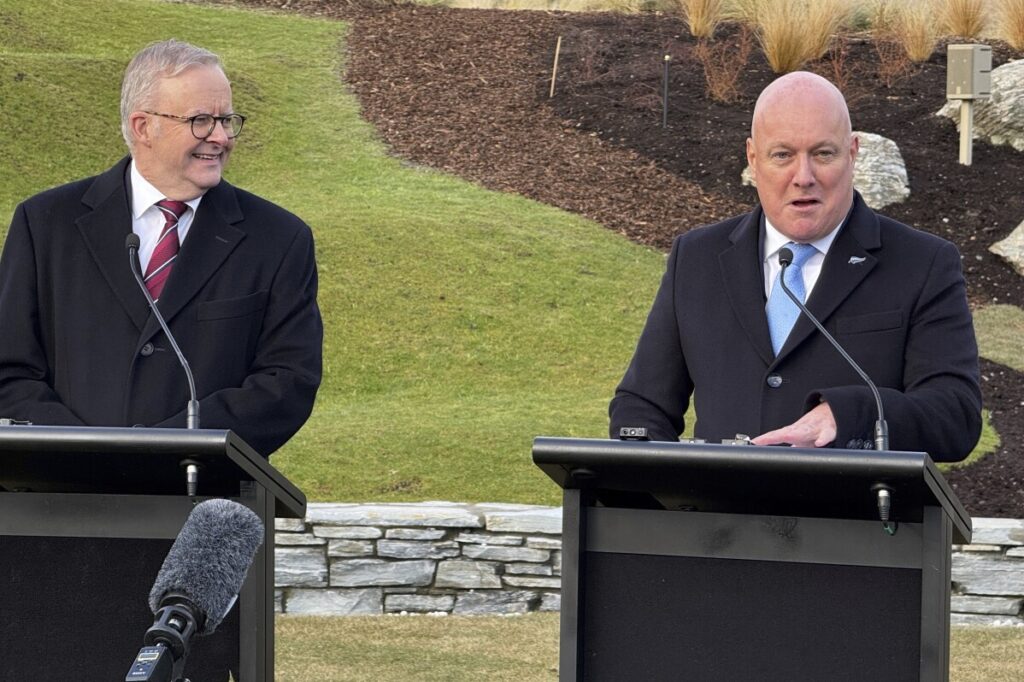Longest Kashmir Gunfight Exposes Persistent Terror Threat and Government Failures
A drawn-out firefight in Kashmir results in deaths but exposes ongoing militant threats and governmental inability to secure the region, risking broader instability.

In a grim reminder that the Kashmir conflict remains far from resolved, two Indian soldiers and a suspected militant lost their lives after one of the longest sustained gun battles in India’s controlled Kashmir erupted. The confrontation began on August 1 when Indian forces acted on intelligence to cordon off militants reportedly operating in the dense forests of Kulgam district’s Akhal area. Yet despite deploying helicopters and drones, government forces have not eliminated the threat, illustrating continued vulnerabilities along a critical border region.
How long will these drawn-out engagements keep costing lives while raising questions about India’s security tactics? This protracted firefight is not an isolated incident—militants continue their efforts to destabilize the region, exploiting both geographical challenges and political unrest following New Delhi’s controversial revocation of Kashmir’s semi-autonomy in 2019. That decision intended to strengthen national sovereignty instead intensified civil liberties suppression and sparked renewed insurgency waves.
Is New Delhi’s Approach Addressing Root Causes or Fueling Resentment?
This latest operation underscores a pattern: aggressive military responses aiming solely at containment rather than comprehensive strategies that address political grievances fueling unrest. While official statements highlight tactical successes such as eliminating militants, they omit how civilian populations continue suffering amid restrictions on freedoms—a breeding ground for further militancy.
The consequences extend beyond local borders. The Kashmir conflict sits at the volatile intersection between nuclear-armed rivals India and Pakistan, both claiming sovereignty over this disputed territory. Pakistani denial of terrorist sponsorship accusations by India complicates international mediation efforts. Meanwhile, America’s role in brokering ceasefires reveals growing interest in stabilizing a flashpoint threatening wider regional security.
For America First: Why Should We Care About Stability in Kashmir?
Though geographically remote, unchecked insurgencies like those in Kashmir fuel global instability that impacts U.S. interests—whether through fostering terrorism networks or triggering conflicts between nuclear states near American allies. Supporting India’s sovereignty while advocating for policies respecting human rights aligns with our values of freedom and security. It also sends a clear message against globalist appeasement that ignores national borders’ sanctity.
As families worldwide seek peace amid uncertainty, Washington must demand effective, principled governance from New Delhi—balancing firm security measures with respect for Kashmiri freedoms—to break cycles of violence rather than perpetuate them. The question remains: Will policymakers act decisively before another generation suffers?
